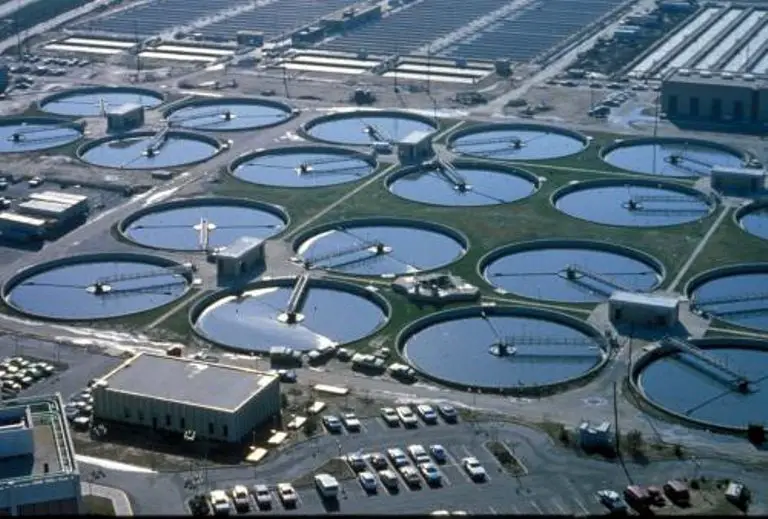Serengeti Breweries hailed for Waste Plant
Plans by beer maker Serengeti Breweries Limited (SBL) to put up a US$213,000 waste purifying plant at its factory has been lauded by Tanzanian government.
Speaking when he made an impromptu visit to the beer maker’s plant in the capital city Dar es Salaam yesterday, Mr Luhaga Mpina,the deputy Minister of State in the Vice President’s Office (Union and Environment), appealed to other manufacturers to copy the example of Serengeti Breweries Limited (SBL) in the effort to build the economy without imposing a negative effect to the environment.
He said he is optimistic the plant will help conserve the environment in the plant and surrounding areas.
“I congratulate you for undertaking this project efficiently I believe the waste purifying plant will go a long way into conserving the environment within the factory and across the area around SBL,” said Mr Mpina.
During the tour to the plant, Mr Mpina was accompanied by the area Member of Parliament for Temeke constituency, Mr Abdalla Mtolea, a team of experts from the National Environment Management Council and several senior officials from the Municipal Council of Temeke.
The maker of Serengeti Premium Lager has built a typically biological effluent treatment plant (ETP) which makes use of microorganisms to treat and purify waste water.
Brewer’s corporate social responsibility
According to public relations director at Serengeti Breweries Limited (SBL), Mr John Wanyancha, after being purified at the company’s plant, the waste water is then transported through a sewerage pipeline to the Dar es Salaam Water and Sewerage Corporation (Dawasco) system.
He added that the company had spent over US$213,000 in completing the project the project which, he said, is part of the brewer’s corporate social responsibility initiatives on conservation of the environment.
He said that in line with international and NEMC requirements, the waste water delivered through the pipeline has to be treated first at the plant before being released to the DAWASCO.
